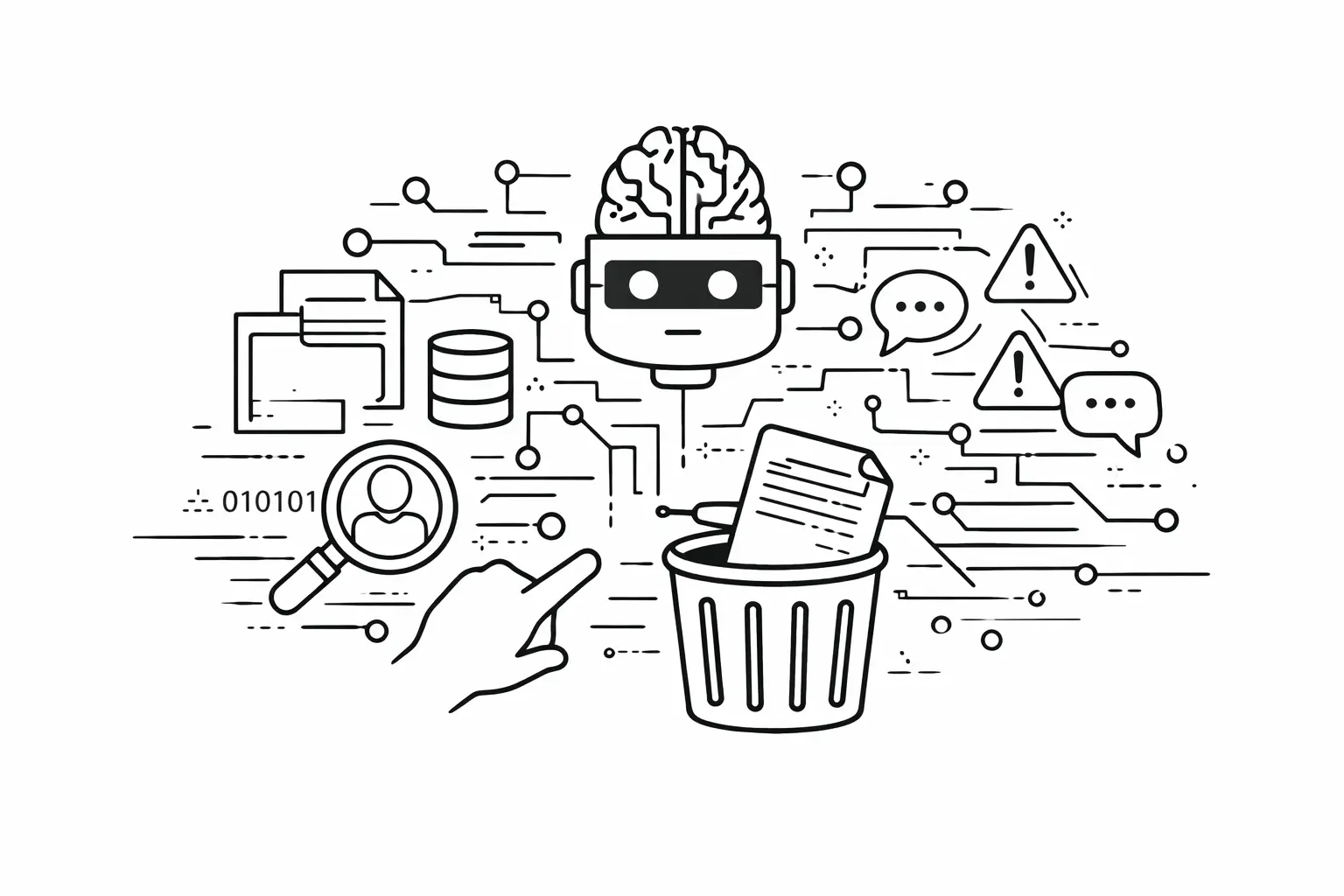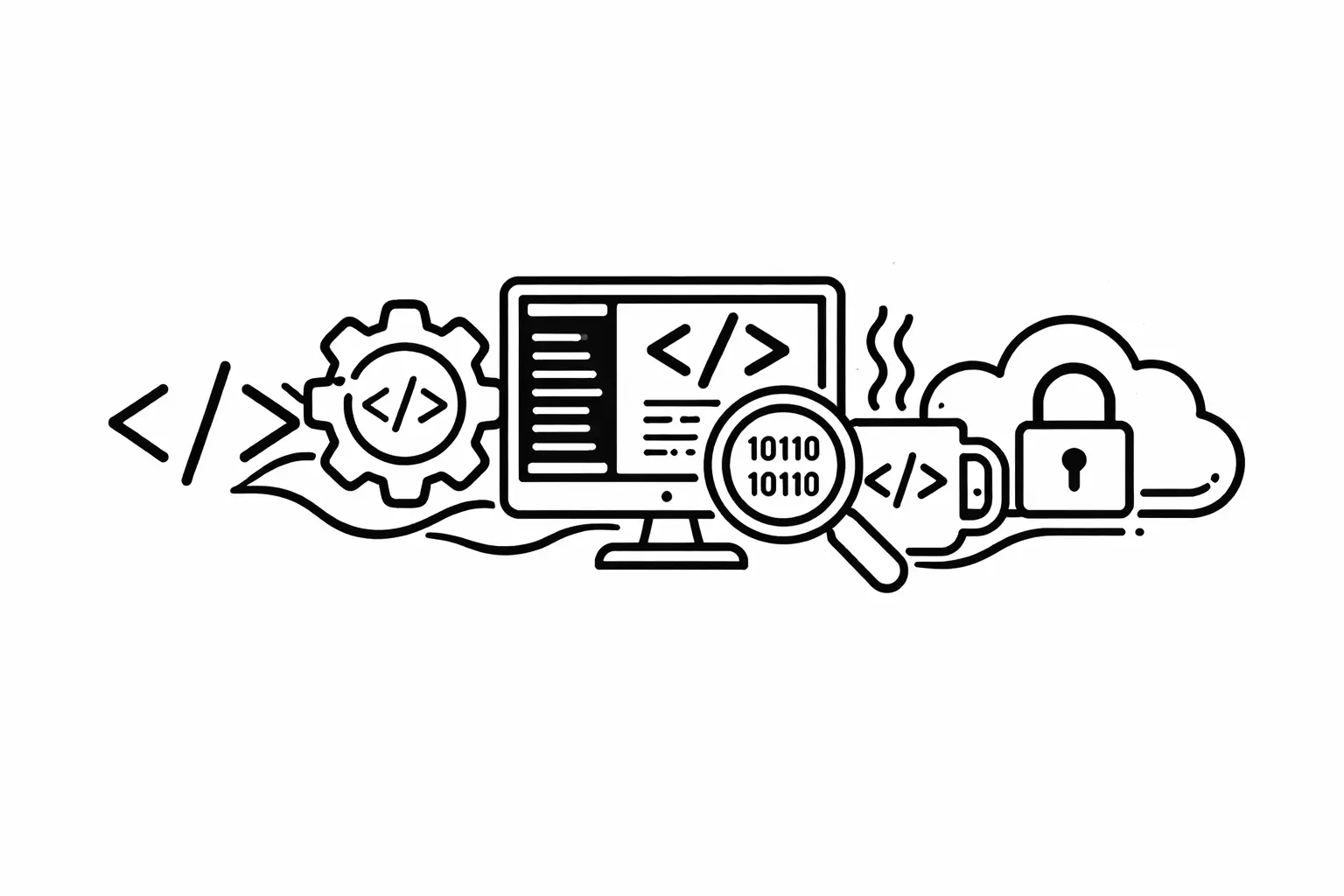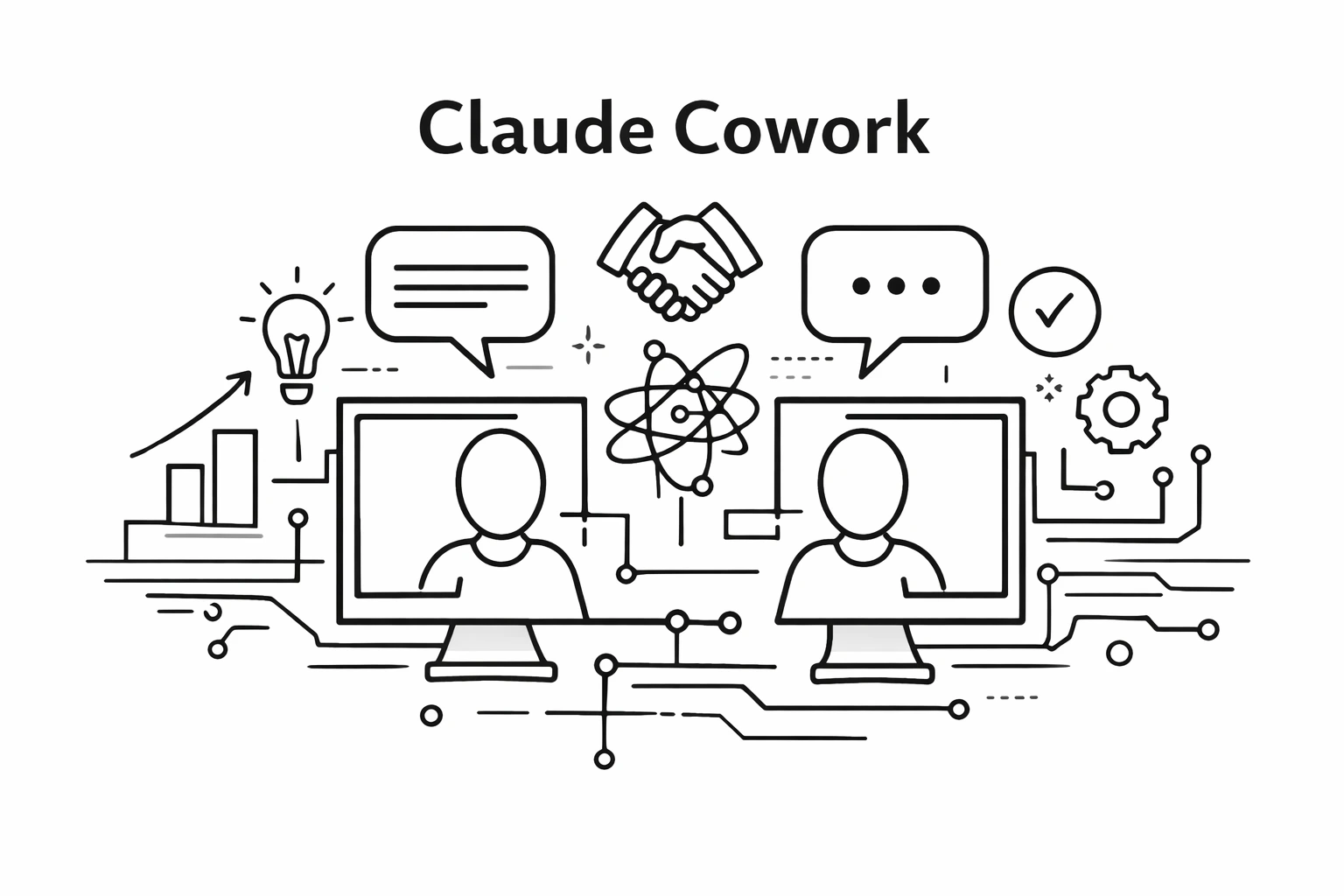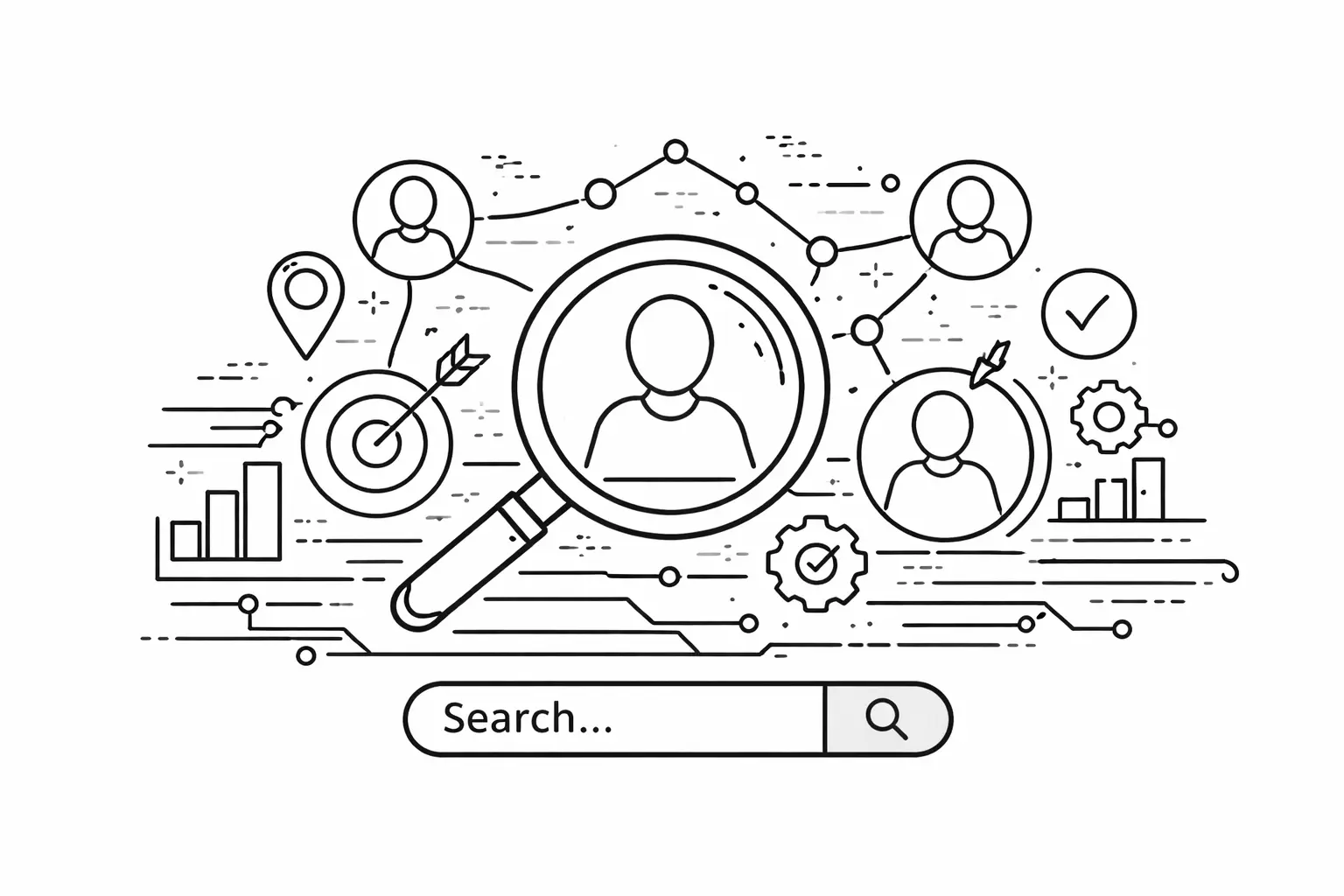10+ Best AI Tools for eCommerce Businesses (2025 Guide)
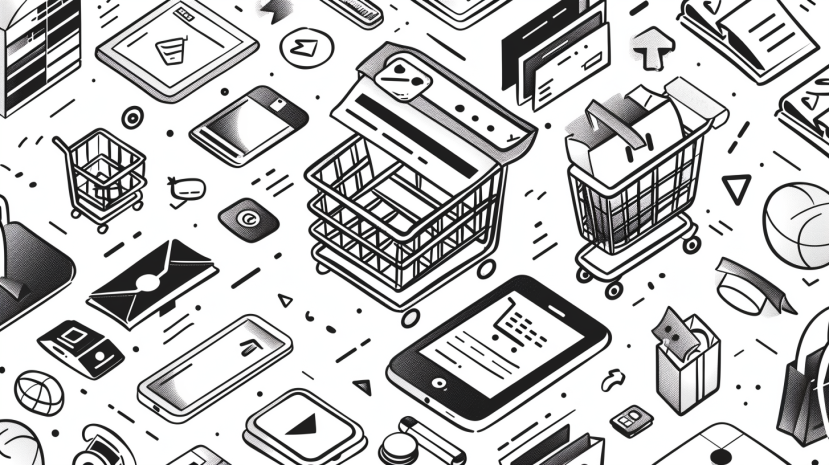
AI isn’t just hype anymore — it’s helping eCommerce brands grow faster, serve better, and work smarter.
From customer service to product recommendations, AI tools now power the backbone of top-performing stores.
And in 2025, the edge goes to businesses that pick the right tools — not just the flashiest ones.
In this post, we’ll walk you through the best AI tools for eCommerce today — what they do, why they matter, and how they fit into your growth stack.
Let’s get into it.
ALSO READ: ReAct Prompting Technique
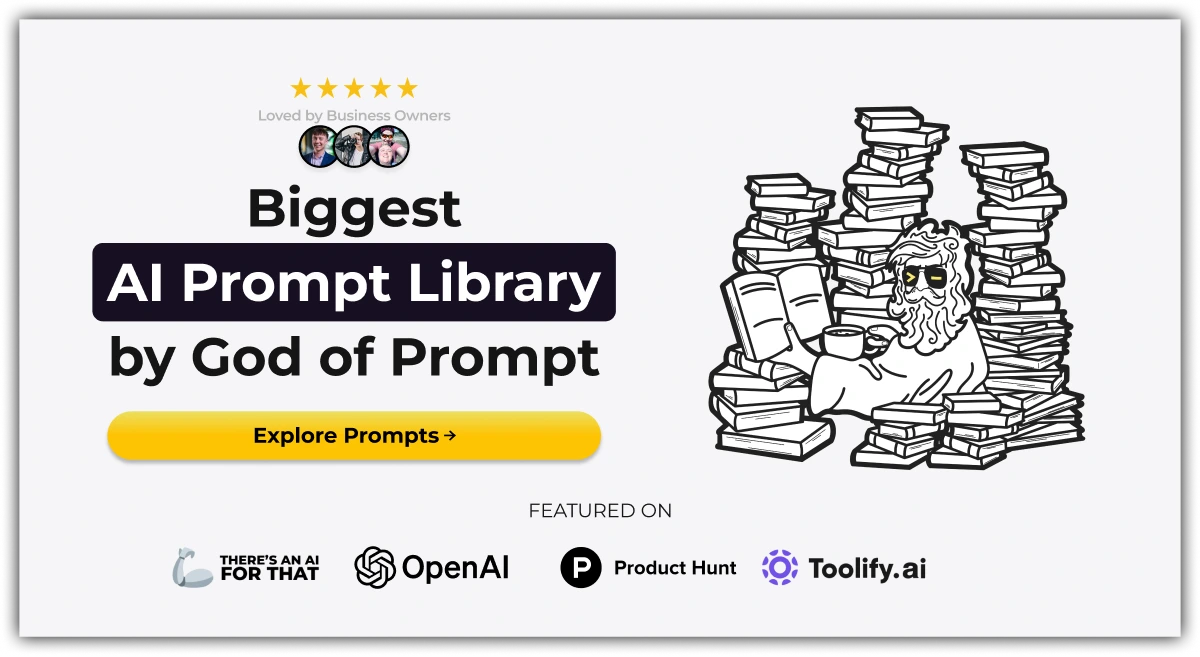
What to Look for in an AI eCommerce Tool (Before You Pick One)
Before you jump into tools, here’s how to spot the ones worth your time (and money):
• Purpose-built for eCommerce — not just a generic AI tool.
• Easy integration with platforms like Shopify, WooCommerce, or BigCommerce.
• Real business impact — whether it’s more sales, better support, or faster content creation.
• Transparent pricing — avoid tools that hide features behind high enterprise paywalls.
These 4 rules will save you hours of testing and weeks of regret.
AI for Customer Support: Let Bots Handle the Repeats
Support is one of the easiest places to plug in AI and see quick wins.
• Gorgias AI – Tailored for eCommerce brands. It uses machine learning to auto-tag tickets, route them to the right team, and suggest instant replies.
• Tidio AI – Combines chatbot, live chat, and ticketing in one. Their Lyro AI assistant is great for handling common pre-sales and post-sales questions.
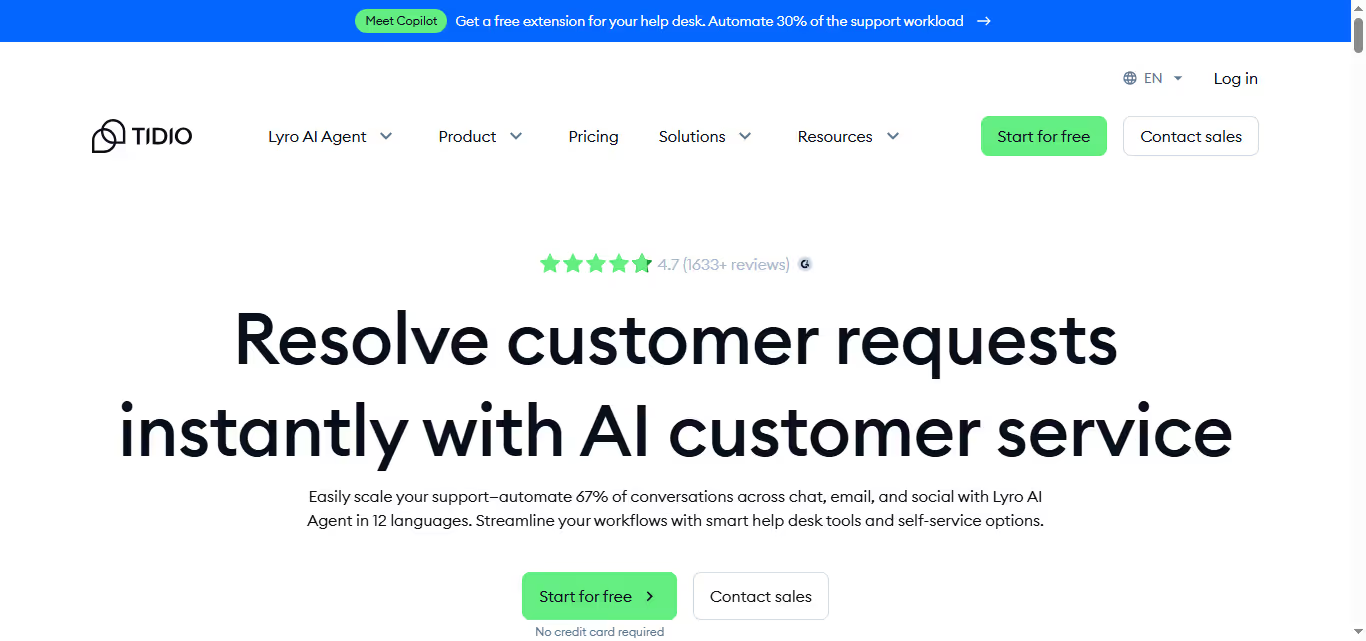
• Intercom Fin – Built on GPT-4, it goes beyond FAQ handling — it understands nuanced customer questions and can access real-time data from your store.
Why it matters: You save hours every week and customers get fast, 24/7 support — even when your team’s offline.
AI for Product Recommendations That Boost AOV
Smart recommendations drive conversions — and AI now makes it plug-and-play.
• Nosto – Offers AI-powered product recommendations based on real-time shopper behavior, purchase history, and location.
• Clerk.io – Especially strong for mid-sized brands. It personalizes search, product suggestions, and email content using advanced behavior tracking.
• Rebuy – Built for Shopify Plus. Combines AI recommendations with upsell/cross-sell logic on PDPs, carts, and checkout.
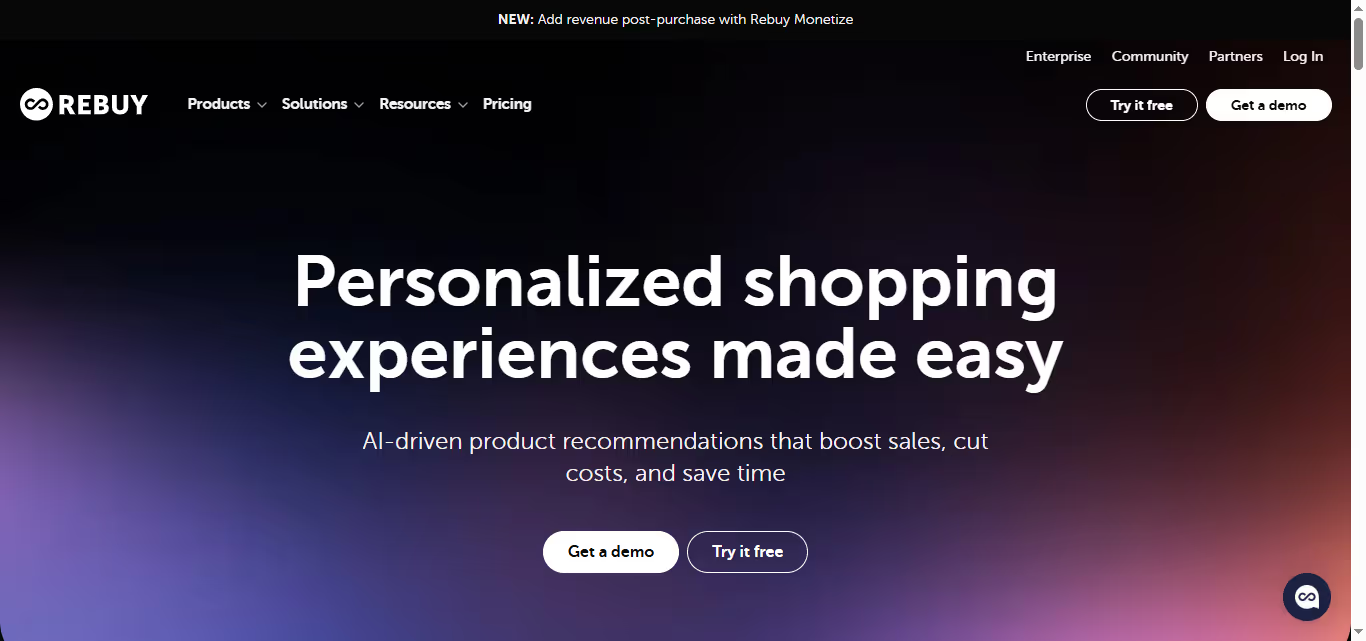
Why it matters: Better recommendations = higher average order value (AOV) and fewer abandoned carts.
AI for Inventory Forecasting and Demand Planning
Inventory mistakes kill margins. AI helps you avoid both overstock and sellouts.
• Inventory Planner by Sage – Predicts what to reorder and when, based on sales velocity, seasonality, and supplier lead times.
• Cogsy – Combines inventory planning with revenue forecasting. Great for DTC brands needing cash flow clarity.
• Flieber – Uses AI to sync inventory and marketing calendars, so your ads never push out-of-stock products.
Why it matters: You stay in stock, free up cash, and plan smarter.
AI Tools That Write High-Converting Product Copy
No more writing the same bullet points 200 times.
• Jasper AI – Built for marketers. Trained on tons of eCommerce copy styles and great at generating product titles, benefits, and even landing page text.
• CopyMonkey – Designed specifically for Amazon sellers. Instantly writes SEO-friendly listings with AI.
• Shopia.ai – Shopify-friendly tool that creates optimized product descriptions, headlines, and meta info — all with a few clicks.

Why it matters: You launch faster with consistent, high-quality copy that sells.
AI for Running Smarter Ad Campaigns
If your ads aren’t learning, you’re burning cash.
• AdCreative.ai – Generates ad creatives and variations with proven conversion design, tailored to your brand and target audience.
• Pencil – Trains on your winning ad data and generates new creatives that are backed by predictive performance.
• Marpipe – Helps you run structured A/B tests on AI-generated ads to learn which visuals, hooks, and offers convert best.
Why it matters: You scale campaigns faster without relying on guesswork.
AI for Image Generation & Product Photos
Tired of scheduling photo shoots? AI’s got you.
• Pebblely – Turn basic product shots into studio-quality photos with realistic backgrounds, shadows, and lighting.
• Zeg.ai – Especially useful for fashion and apparel brands. It auto-generates AI models wearing your clothes.
• Booth AI – Upload one product image and it creates dozens of lifestyle variations you can use for ads, PDPs, or social.
Why it matters: Save thousands on photography while keeping visuals fresh and on-brand.
AI for Dynamic Pricing & Offers
Want better profit margins without losing conversions? Try AI-driven pricing.
• Pricemoov – Dynamically adjusts prices based on demand, competition, and historical sales data.

• Intelligems – Run pricing A/B tests directly in Shopify. Find the price point that maximizes revenue or conversion rate.
• BlackCurve – Great for larger stores or multichannel sellers looking to fine-tune pricing across platforms.
Why it matters: Maximize revenue without over- or under-pricing your products.
AI for Hyper-Personalized Shopping Experiences
Treat every shopper like a VIP — even when you’re asleep.
• Dynamic Yield – Offers AI-based personalization for site content, offers, layout, and more.
• Segment by Twilio – Captures and connects customer data across tools so your messaging and on-site experience feels 1:1.
• Mutiny – Tailors landing pages and messaging based on who’s visiting (e.g., repeat buyer vs. new customer).
Why it matters: Personalization lifts conversions — and keeps shoppers coming back.
AI to Improve On-Site Search and Navigation
If your store’s search sucks, your conversions suffer.
• Klevu – AI-powered search and merchandising. Understands synonyms, typos, intent, and upsells with smarts.
• Doofinder – Adds intelligent autocomplete, filters, and search-based recommendations — with no developer needed.
• Searchspring – Combines merchandising logic with search intelligence. Great for growing product catalogs.
Why it matters: A smart search box is your highest-converting page. Don’t leave it to chance.
Final Thoughts: The Right AI Tools = Smarter eCommerce
AI is no longer optional for eCommerce — it’s essential. Whether you’re automating customer support, predicting what products to stock, or boosting conversions with smarter recommendations, the right tools can change your entire business game.
The tools we listed aren’t just trendy — they’re battle-tested, used by real eCommerce teams, and built to drive results.
So here’s the move: Pick 1 or 2 that match your biggest need right now — maybe it's email automation or product recommendations — and test them out.
You don’t need to do everything at once. But you do need to start.
Because in 2025, speed, personalization, and automation win.















